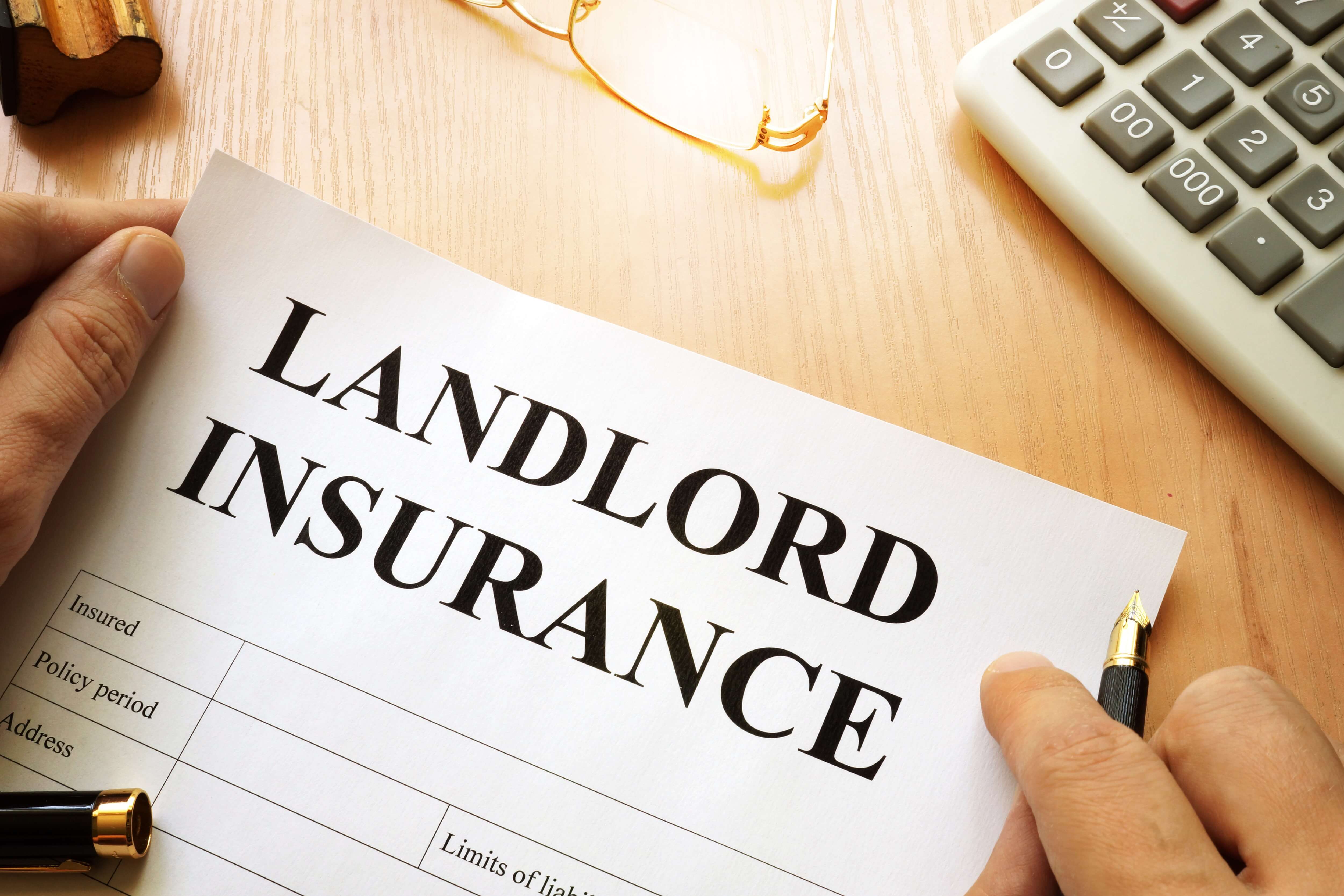Insurance is essential for known reasons, such as protecting assets, property, self, and even financial risks. It helps individuals to pay for hospitalization or medical emergencies. However, specific questions may seem tricky to answer about the type of insurance that is needed.
Landlords need insurance, just like car owners. If you plan to rent out your property and don't want to live there, the conventional homeowners insurance may not help cover potential damages and liability. For this reason, you will need to purchase landlord insurance.
Many factors are focused on ensuring that your investment property and you are kept safe and protected. This guide to landlord insurance will shed more light on landlord insurance and optional coverages that you should consider.
The Basic Landlord Insurance
A good number of landlord insurance policies cover the basics every landlord needs, which include dwelling, additional structures, and liability. The dwelling coverage is conventionally included in standard building insurance policies. It covers the dwelling or building for any damage to property by fire, rain, or hail.
Coverage of other structures refers to the buildings that are not directly linked to the actual home. Examples of these structures include a fence, storage shed, pool, or driveway. However, ensure that you go through the structures covered with the insurance agent for the best results.
The standard liability should also be a significant part of the basic landlord insurance policy. It conventionally covers medical or legal claims.
The Optional Landlord Coverage
Apart from the basic landlord coverage, landlords may require other types of insurance. As you will see in this guide to landlord insurance, these insurance policies aren't building and liability related.
Examples of these optional coverages include loss of rent, personal property, umbrella policy, ordinance or law coverage, water damage, earthquake insurance, commercial auto insurance, short-term disability insurance, and tenant discrimination insurance.
The loss of rent is described as property damage by fire, rain, or hail, making it unfit for rent. If this is covered, the insurance policy will replace lost rental income. Personal property coverage involves the additional coverage of items that belong to the landlord but were left for maintenance or use by the tenants.
The umbrella policy may help protect the landlord's assets if a catastrophic event exceeds the landlord's coverage. This policy helps when the landlord has a large number of assets or several properties. Water damage is a little complicated. It includes flood insurance, backup from sewers and drains, and third-party water damage claims.
The tenant discrimination insurance involves the coverage of landlords if they are accused of discrimination. Other optional policies like earthquake insurance and short-term disability insurance are highly optional and may not directly apply to the landlord.
Things that Landlord Insurance Doesn't Cover
Landlord insurance may seem to cover most things, but it doesn't cover the tenant's personal belongings. Please note that all coverages are also subject to certain deductibles and limits stated in each policy.
Landlord insurance is challenging to understand, especially when you don't know the standard landlord insurance policies. Hopefully, this guide to landlord insurance makes it easier to understand. It's also essential to make use of a trusted policy provider for your landlord insurance.
For a landlord insurance policy to fit your needs,
contact Bell Black Insurance today! We serve all insurance needs for those in Idaho Falls, Island Park, Driggs, Victor, Swan Valley, Ashton, and the neighboring communities in Idaho, as well as Jackson and Star Valley in Wyoming.


